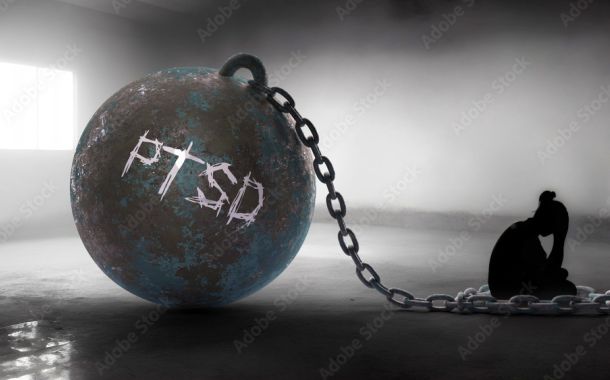
Professor Alain Brunet : The Originator of a Revolutionary Protocol for PTSD
Professor Alain Brunet is the driving force behind a groundbreaking therapeutic advancement in the field of psychiatry. After 30 years of research and international collaborations, he developed an innovative therapeutic protocol called Reconsolidation Therapy™ to reduce the emotional impact of traumatic memories, offering hope to millions suffering from PTSD.
He now teaches his therapeutic protocol to thousands of mental health professionals worldwide, enabling them to care for an increasing number of patients in need.

Scientific Validation of the Method's Effectiveness
Scientific studies conducted worldwide have demonstrated the effectiveness of this method, showing a significant reduction in symptoms for over 70% of treated patients after just six weeks. This innovative treatment, which combines the use of a beta-blocker with brief face-to-face or remote psychotherapy, marks a major turning point in the care of PTSD victims.
At the forefront of this therapeutic advancement is Professor Alain Brunet, whose research and discoveries have laid the foundation for a new paradigm in psychiatry. Professor Alain Brunet has developed a therapeutic approach that reduces the emotional impact of traumatic memories, thus offering tangible hope to the millions affected by PTSD worldwide.
A Turning Point in PTSD Treatment
Reconsolidation Therapy™, born from scientific advancements in neuroscience, represents a revolution in the treatment of post-traumatic stress disorder (PTSD). This innovative approach, grounded in cutting-edge clinical methods, combines the use of specific medications with gentle psychotherapy, aiming to alleviate the emotional aftermath of traumatic events such as accidents, assaults, or natural disasters.


Emotional Degradation of Traumatic Memories
The development of the Reconsolidation Therapy™ protocol by Professor Brunet and his team has transformed how traumatic memories are stored in the brain, allowing for a significant reduction in their emotional burden.
Through a precise protocol that combines the reactivation of the memory with the administration of a beta-blocker, patients report a noticeable improvement in their symptoms after just a few sessions.
This revolutionary approach is based on a deep understanding of brain and memory functioning. By acting on the mechanisms of reconsolidation, it allows for the emotional degradation of traumatic memories, offering patients the opportunity to regain control over their lives and achieve lasting mental well-being.
